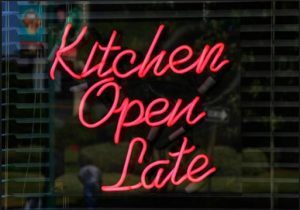 Regular late-night snacking and making a habit out of late night feasting can lead to raised risks of breast and prostate cancer, a study has found.
Regular late-night snacking and making a habit out of late night feasting can lead to raised risks of breast and prostate cancer, a study has found.
Researchers from the Barcelona Institute for Global Health found that those who routinely eat after 9pm and don’t leave two hours after food before they sleep are 25% more likely to get the cancer than those who do.
If you’ve ever worked a night shift then you know it messes with your body clock. In the same way that doing all-nighters disrupts your sleeping pattern, the study says that late dining affects your internal systems.
This is because when you’re about to head to bed, your metabolism should be winding down to go to sleep and not speeding up as it does after eating.
Hormones make us sleepy, hungry, or stressed so when they mess up, our body’s circadian rhythms (internal clock) also risk disruption. These habits raise the risk of breast and prostate cancer as they are both linked to hormonal cues.
Currently international guidelines on the prevention of cancer don’t mention the potential impact of meal times on cancer, though the World Health Organisation does list shift working as a potential carcinogen.
Studies on the effects of meal disruption on animals have shown “profound effects on health” and the Barcelona group says if more studies replicate their findings there could be a cause for guidelines to be updated.






U have not said anything. Whats the link